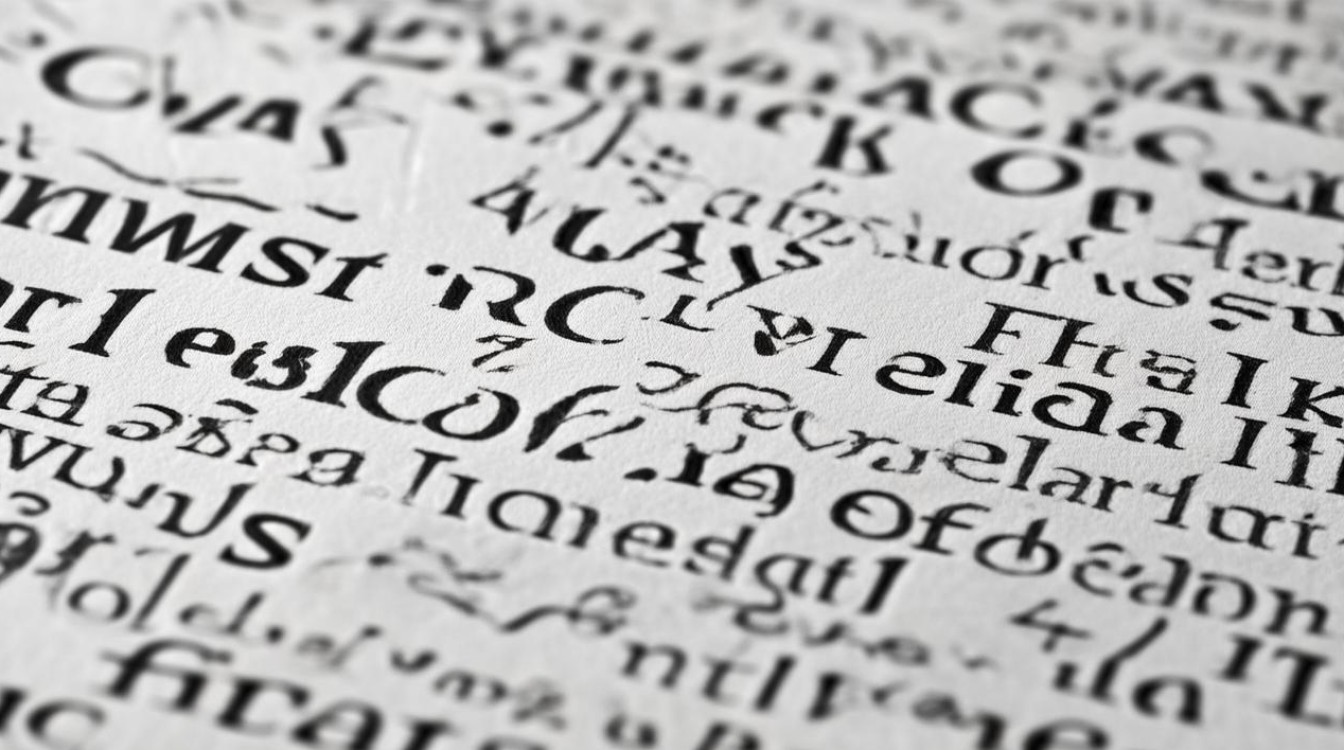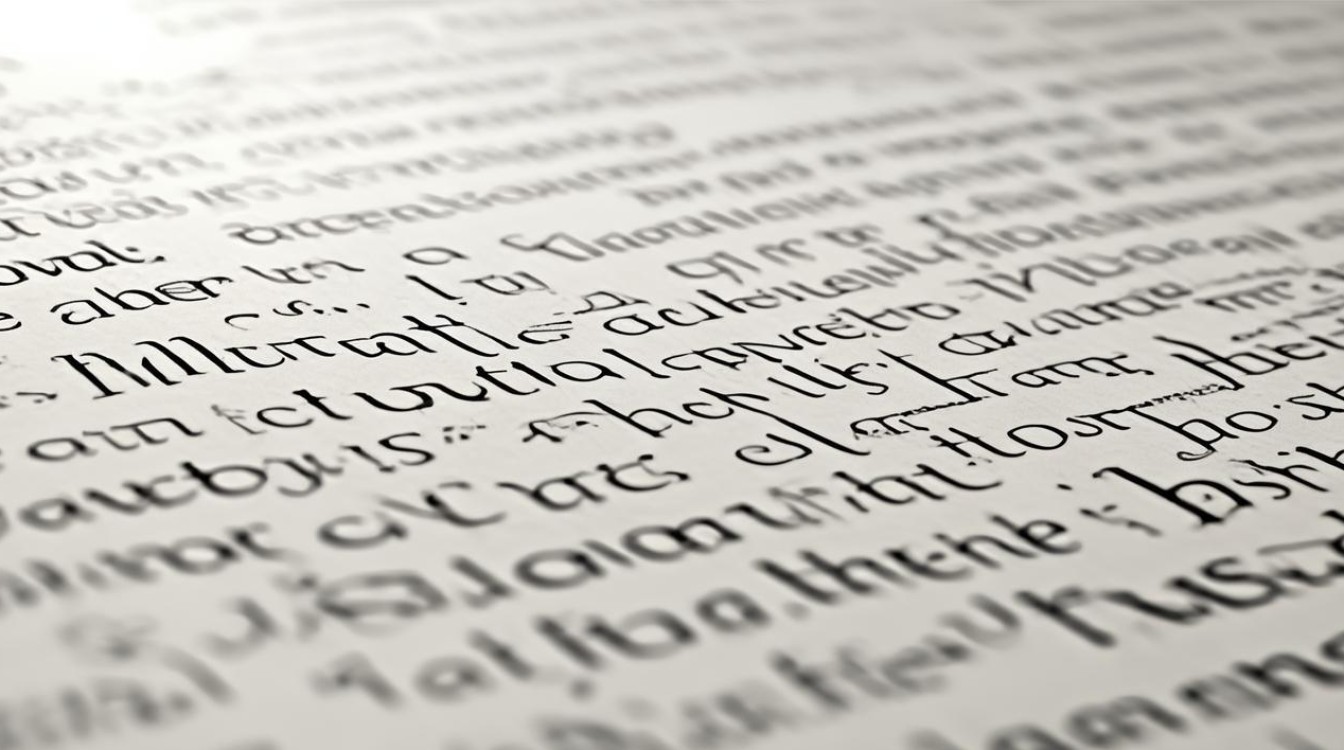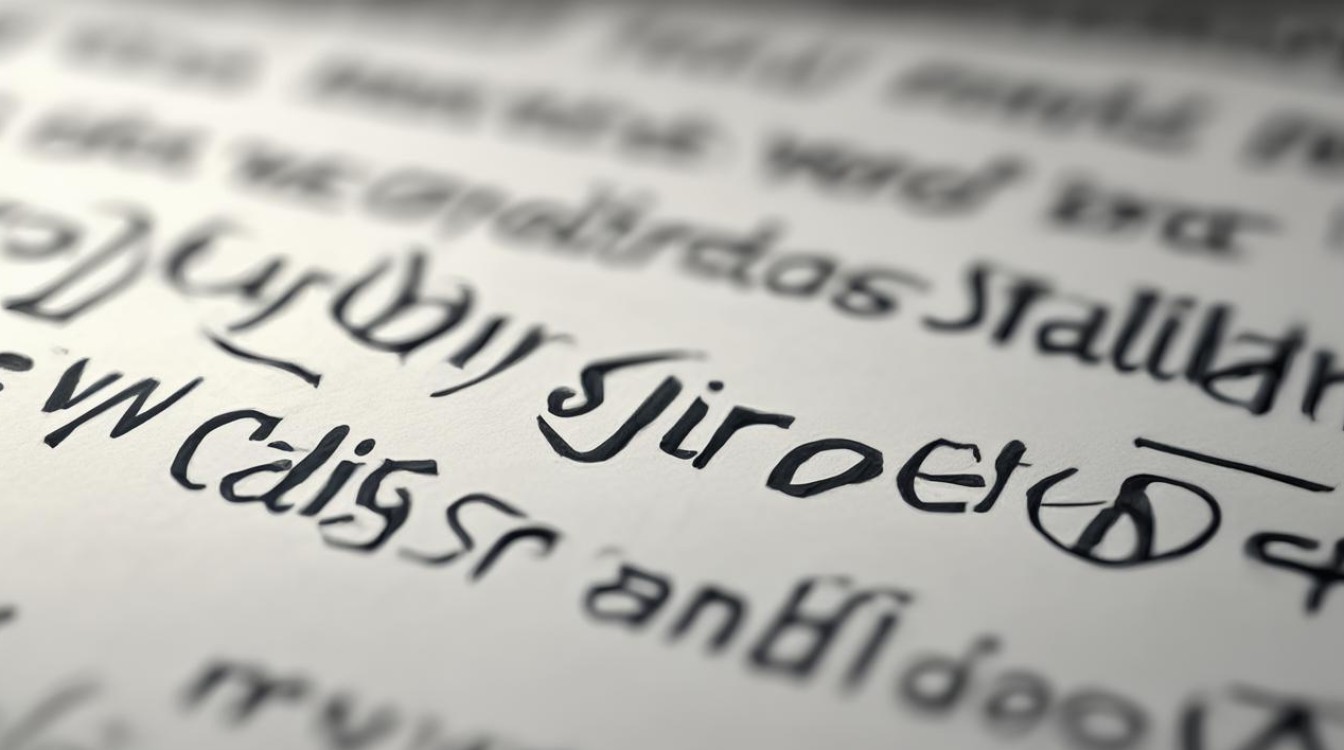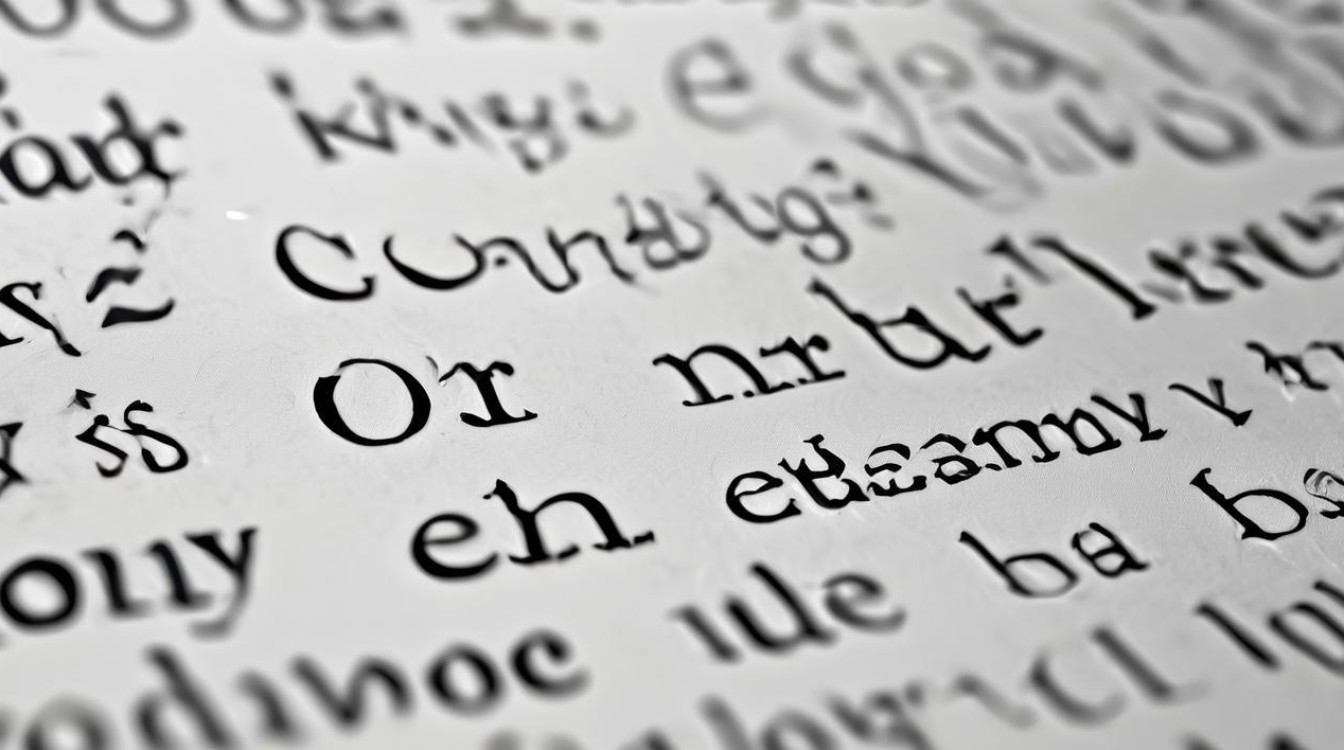基础词汇(日常生活类)
- Monday(星期一)
例句:We have English class on Monday.

- January(一月)
例句:My birthday is in January.
- weather(天气)
例句:The weather is sunny today.
- breakfast(早餐)
例句:I eat eggs for breakfast.
- library(图书馆)
例句:She reads books in the library.
记忆技巧:将单词与日常场景结合,比如制作“星期卡片”贴在书桌上,每天更换。
学科相关词汇
- mathematics(数学)
例句:I like mathematics because it’s interesting.
- science(科学)
例句:We do experiments in science class.
- history(历史)
例句:History tells us about the past.

- geography(地理)
例句:We learn about mountains in geography.
- homework(家庭作业)
例句:Finish your homework before dinner.
记忆技巧:按学科分类记忆,制作单词卡片,正面写英文,背面写中文。
动词与动作短语
- run(跑)
例句:He runs fast in the race.
- swim(游泳)
例句:Can you swim in the pool?
- write(写)
例句:Write your name on the paper.
- listen(听)
例句:Listen to the teacher carefully.
- climb(爬)
例句:They climb the mountain on weekends.

记忆技巧:结合动作练习,比如边读单词边做相应动作,加深印象。
形容词与描述类词汇
- happy(快乐的)
例句:She feels happy when she plays games.
- tired(疲倦的)
例句:I am tired after playing football.
- beautiful(美丽的)
例句:The flowers are beautiful in spring.
- difficult(困难的)
例句:This math problem is difficult.
- exciting(令人兴奋的)
例句:The movie is very exciting.
记忆技巧:用反义词对比记忆,如happy(快乐)—sad(悲伤)。
高频短语与固定搭配
- get up(起床)
例句:I get up at 7 o’clock every day.

- go to school(去上学)
例句:They go to school by bus.
- have lunch(吃午餐)
例句:We have lunch at 12:00.
- play football(踢足球)
例句:The boys play football after school.
- watch TV(看电视)
例句:Don’t watch TV for too long.
记忆技巧:将短语融入日常对话,比如用英语描述自己的一天。
实用记忆方法
- 联想记忆法:将单词与图像结合,如“apple”联想到苹果图片。
- 拼读记忆法:按音节拆分单词,如“ba-na-na”帮助拼写。
- 重复复习法:每天复习旧单词,避免遗忘。
- 情景应用法:用新单词造句,增强理解。

